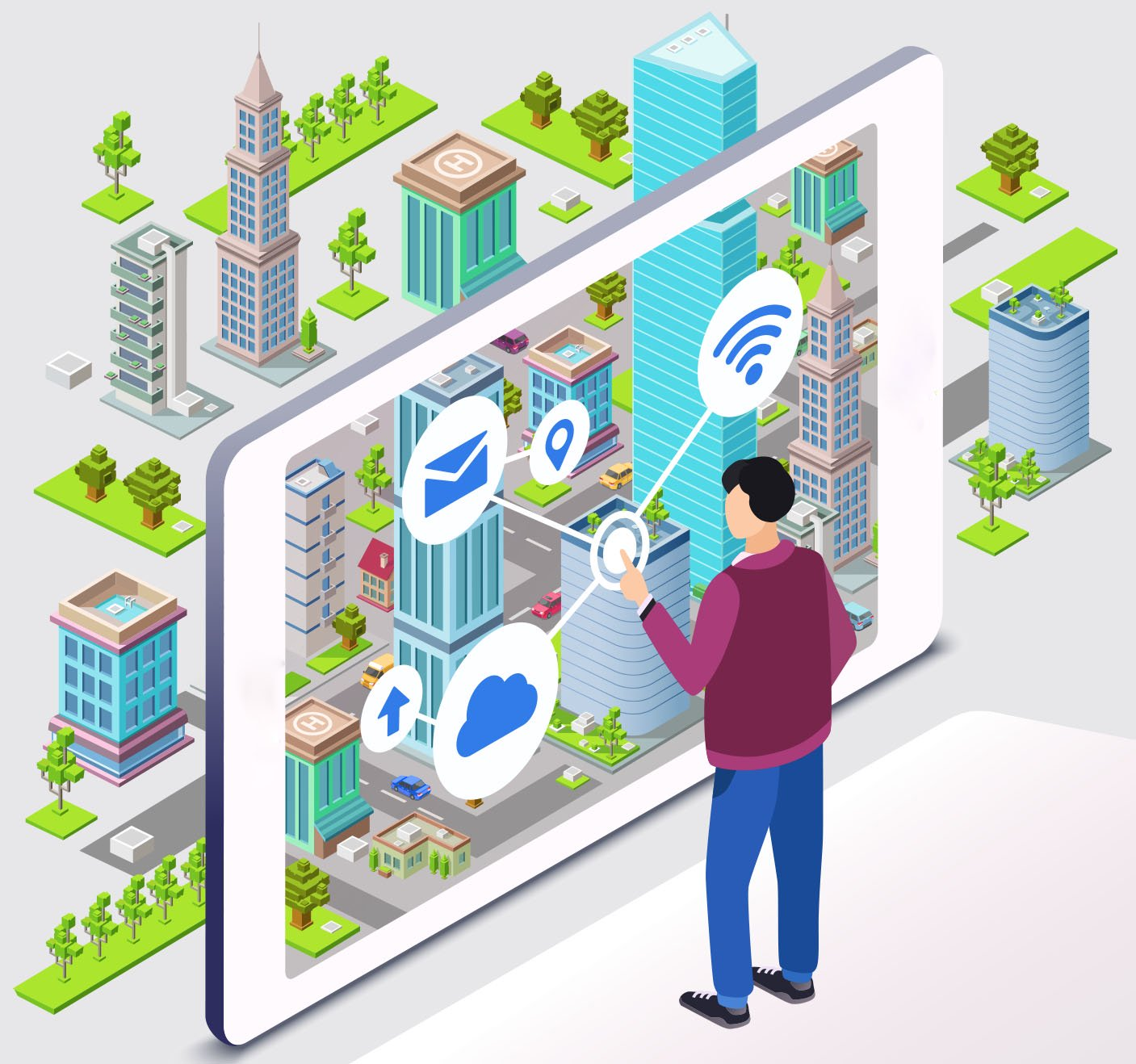
2022-05-09 11:30:01 2145
Among the mainstream conference tablets in the smart office field, there are touch technologies such as infrared touch technology and capacitive touch technology. So, what are the principles of these different touch technologies? What are the differences?
1. Infrared touch screen
The infrared touch screen uses the infrared matrix densely distributed in the X and Y directions to detect and locate the user’s touch. The infrared touch screen is equipped with a circuit board outer frame in front of the display, and the circuit board is arranged with infrared emitting tubes and infrared receiving tubes on the four sides of the screen, corresponding to each other to form a horizontal and vertical cross infrared matrix.
When the user is on the touch screen, the finger will block the two infrared rays passing through the position, so that the position of the touch point on the screen can be judged. The external touch screen is a highly integrated electronic circuit integration product. The infrared touch screen contains a complete integrated control circuit, and a set of high-precision, anti-interference infrared emitting tubes and a set of infrared receiving tubes, which are installed in two opposite directions on a highly integrated circuit board to form an indispensable See the infrared grating. The intelligent control system embedded in the control circuit continuously pulses the diode to form an infrared polarized beam grid. When a touching object such as a finger enters the grating, the light beam is blocked. The smart control system will detect the change in light loss and transmit a signal to the control system to confirm the X-axis and Y-axis coordinate values.
The infrared touch screen is also free from current, voltage and static electricity interference, and is suitable for a variety of harsh environments. Its main advantages are low price, easy installation, excellent stability, long service life, high light transmittance (up to 95%), can maintain clear and bright images, no drift, no drive and no calibration, plug and play, can Used in a variety of devices, such as advertising machines, inquiry machines, interactive tablets, and so on.
2. Capacitive touch screen
The four sides of the capacitive touch screen are plated with long and narrow electrodes to form a low-voltage AC field inside. The capacitive touch screen is covered with a transparent film layer that is a metal conductive material. When the user touches the capacitive screen, a coupling capacitor is formed between the finger and the working surface. Because there is a high-frequency signal on the working surface, the finger will suck a part of the current flowing from the electrodes at the four corners of the screen, and because the current flowing through the four electrodes is proportional to the distance from the finger to the four corners, the controller passes through the four The precise calculation of the current ratio can calculate the position of the contact point.
Capacitive touchscreens are costly. The principle is to use the current generated when the human body and the screen are in contact with the screen for positioning, so it can be operated with fingers, but non-biological objects such as nails and pens cannot be operated. The double glass of the capacitive touch screen can not only protect the conductor and the sensor, but also can accurately calculate the touch position even if the screen is dirty, dust or oil stains. However, since the capacitance varies with temperature, humidity and grounding conditions, its stability is poor, and drift often occurs.
With the maturity of the multi-touch technology on the personal consumer side iphone and iPad and the enterprise commercial side, the capacitive touch screen may become the leader in the field of screen displays in the future. However, due to the current low yield and small size range, the price is high and mass production is restricted. But this kind of equipment is accurate, fast response, and more durable (anti-scratch), so it is more suitable for high-precision equipment such as mobile phones, game consoles and high-end smart conference tablets.

